
Investigators from the University of Colorado Boulder have developed a strategy to fight antibiotic-resistant E coli using genetic disruption.

Investigators from the University of Colorado Boulder have developed a strategy to fight antibiotic-resistant E coli using genetic disruption.
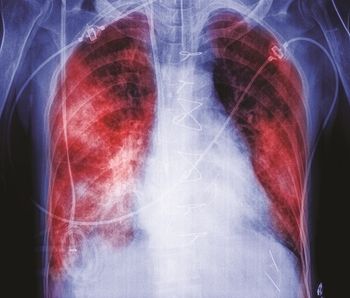
Roy Chemaly, MD, MPH discusses the findings of the phase 2 trial evaluating DAS181 for the treatment of parainfluenza virus lower respiratory tract infections in immunocompromised patients.

The stage may finally be set for the phage therapy era for recalcitrant bacterial infections.
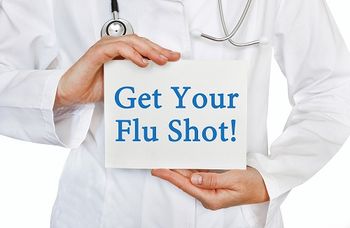
A new report on influenza vaccination rates among US health care workers finds that employer requirements help keep vaccination rates of health care workers higher than that of the general public.

Julie Ann Justo, PharmD, MS, BCPS-AQ ID, shares takeaways from her presentation on combination therapy for gram-negative agents at the 2018 SIDP Annual Meeting.

Efforts such as improved indication documentation and antimicrobial stewardship involvement may improve patient outcomes in some patients who are on outpatient parenteral antimicrobial therapy (OPAT) for ease of administration (EOA) that are readmitted to the hospital.

New software to facilitate prior authorization helped streamline the approval process and increase antimicrobial use tracking at the Hospital of the University of Pennsylvania.
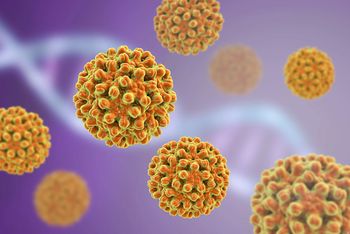
Kenneth Sherman, MD, discusses current trends in the treatment of hepatitis B in immunocompromised patients and highlights research exploring treatment options for patients coinfected with HIV.
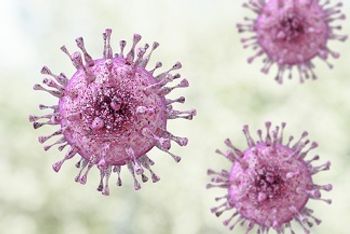
Letermovir found to prevent clinically significant CMV infection in HCT patients with CMV DNA when compared to placebo in recent phase 3 trial.

A retrospective study evaluates ceftolozane/tazobactam in a large database of US hospitals to determine real-world patterns and outcomes associated with the treatment.

The combination of daptomycin plus fosfomycin was more effective than daptomycin alone for treating patients with MRSA bacteremia.

Results indicate patients who received single-dose oritavancin were significantly less likely to be hospitalized, compared to those who received multidose vancomycin.

We’ve rounded up a list of important US Food and Drug Administration (FDA) and US Department of Agriculture (USDA) recalls from this past week.

Stay up-to-date on the latest infectious disease news by checking out our top 5 articles of the week.

The recombinant 9-valent human papillomavirus (HPV) vaccine, Gardasil 9 is now approved in adults 27 to 45 years of age.

Instead, increasing duration of postoperative antimicrobial prophylaxis is associated with higher odds of acute kidney injury and C diff infection in a dose-dependent manner.

Study results indicate that clinicians start prescribing new drugs off-label almost as soon as the drugs become available.
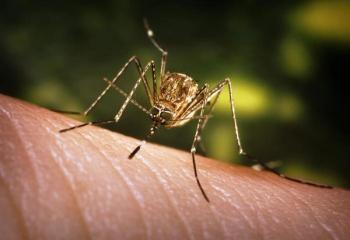
The new vaccine schedule is 7 days between doses for adults aged 18 to 65, instead of the standard 28 days.

First large-scale study on trends in invasive candidiasis finds species distribution of isolates varied between blood and nonblood sterile sites.

Delafloxacin was found to be relatively safe and well tolerated in patients with acute bacterial skin and skin structure infections with past or present cardiac or vascular difficulties.

A new analysis details the substantial burden of candidemia in the United States and calls for ongoing surveillance efforts to help assess the impact of prevention interventions.

Over one-third of patients with invasive aspergillosis lacked a documented immunosuppressive condition.

Telemedicine encounters in which antibiotics were prescribed for respiratory tract infections were only slightly shorter than those in which non-antibiotics, or nothing at all, were prescribed.

George Thompson, MD, principal investigator of the STRIVE study discusses optimal dosing for rezafungin in treating candidemia and/or invasive candidiasis.

Researcher give insight into the importance of antibiograms in outpatient management of urinary tract infections

New research finds patients with carbapenem-resistant bloodstream infections have a lower likelihood of surviving hospitalization or being discharged home.

Mary Choi, MD, MPH, discusses the progress made in treating and preventing Ebola and the challenges of fighting the community resistance of the Congolese.

Nonadherence to antiretroviral therapy was associated with a higher risk of death.

A look into the challenges of including infection preventionists in antimicrobial stewardship programs.

The FDA has approved omadacycline (NUZYRA) as an intravenous and oral treatment option for adults with ABSSSI and CABP.